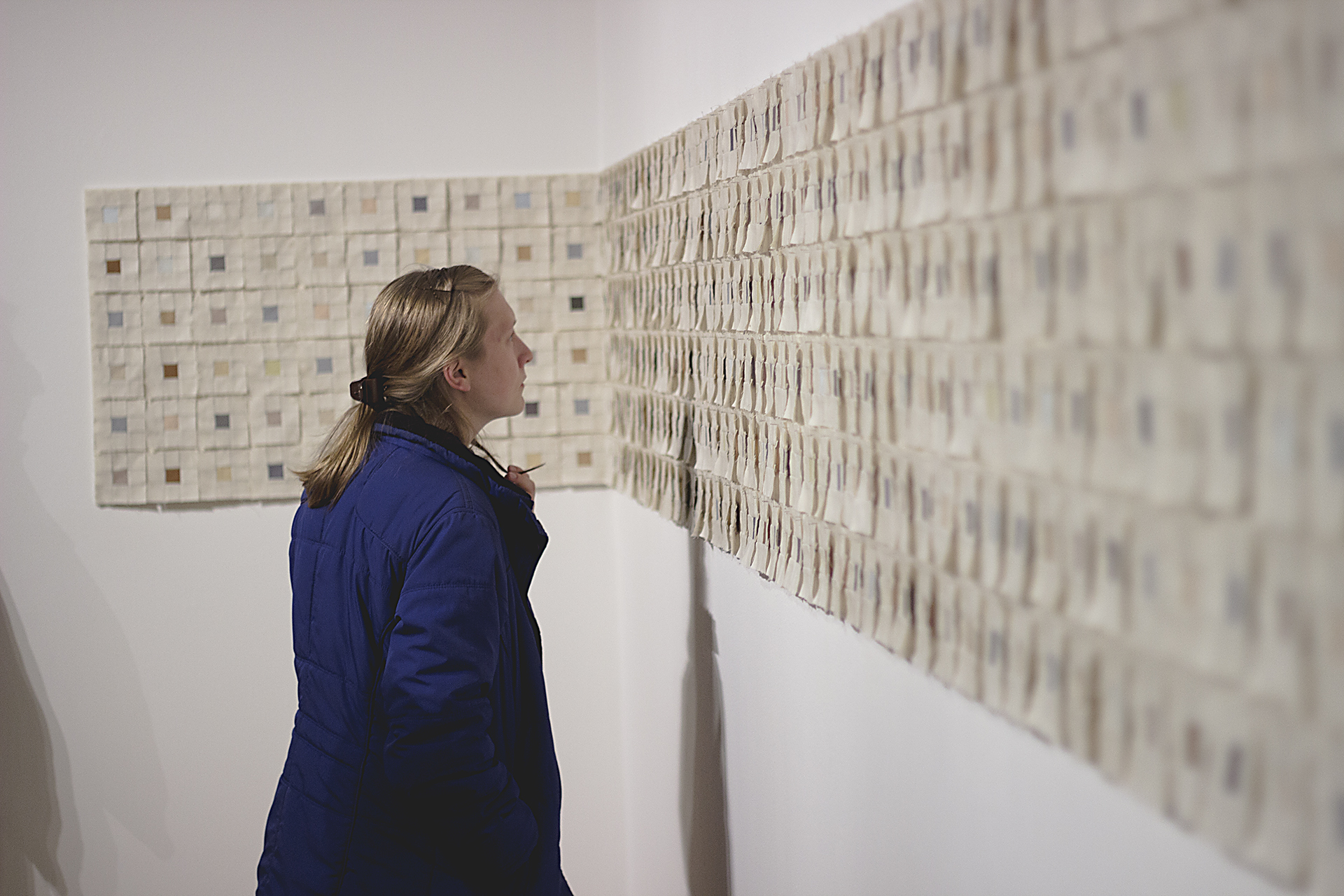Category: Stories In Focus
January 28, 2016
Stories In Focus
A Day in the Life of a Maintenance Worker
“We’re girls in a boy’s world” Kim Lawson, Maintenance Secretary, said as she began a tour of the maintenance building.…
December 10, 2015
Stories In Focus, Reviews, Stories In Focus
Film Review: Krampus
On an unassuming night sometime late August I settled into my cinema seat ready to watch the previews for whatever…
December 03, 2015
Stories In Focus
Pen Pals Partner With Houghton in Buffalo
While students at Houghton’s main campus seldom have the opportunity to interact with students at Houghton-in-Buffalo’s campus, Professor Laurie Dashnau…
December 03, 2015
Stories In Focus
Film Review: The Good Dinosaur
The Good Dinosaur is built around a “what if?” premise that the film’s trailers have likely already explained to you:…
December 03, 2015
Stories In Focus
Houghton Community Sends Representatives to Climate Conference
From November 30 to December 11, the city of Paris will host the Conference of Parties (COP21) which is a…

November 19, 2015
Stories In Focus
Ortlip Art Gallery Opening: Inextinguishable
Inextinguishable, New Works by Sharon McConnell, is an installation that abounds in re-examinations of concept, form, and the everyday. Marking…
November 19, 2015
Stories In Focus
The Body As a Canvas: Students and Tattoos
The angel resting on Sophomore Joseph Miner’s left shoulder is not a real angel of course, but a tattoo of…
November 19, 2015
Stories In Focus
Annual Christmas Prism Celebrates the ‘Prince of Peace’
From December 4-6, Houghton College will host the ninth annual Christmas Prism. The event will take place in Houghton, as…
November 19, 2015
Stories In Focus
From Lucca To Houghton: Fabio Menchetti
You may find second year music graduate student, Fabio Menchetti working hard in the music building, but one thing you…
November 15, 2015
News, Stories In Focus
From Houghton to Mayo Clinic
Tse Explores the Boundary of Biology and Chemistry “Reaching out into the unknown is exciting; that’s a very human thing…
